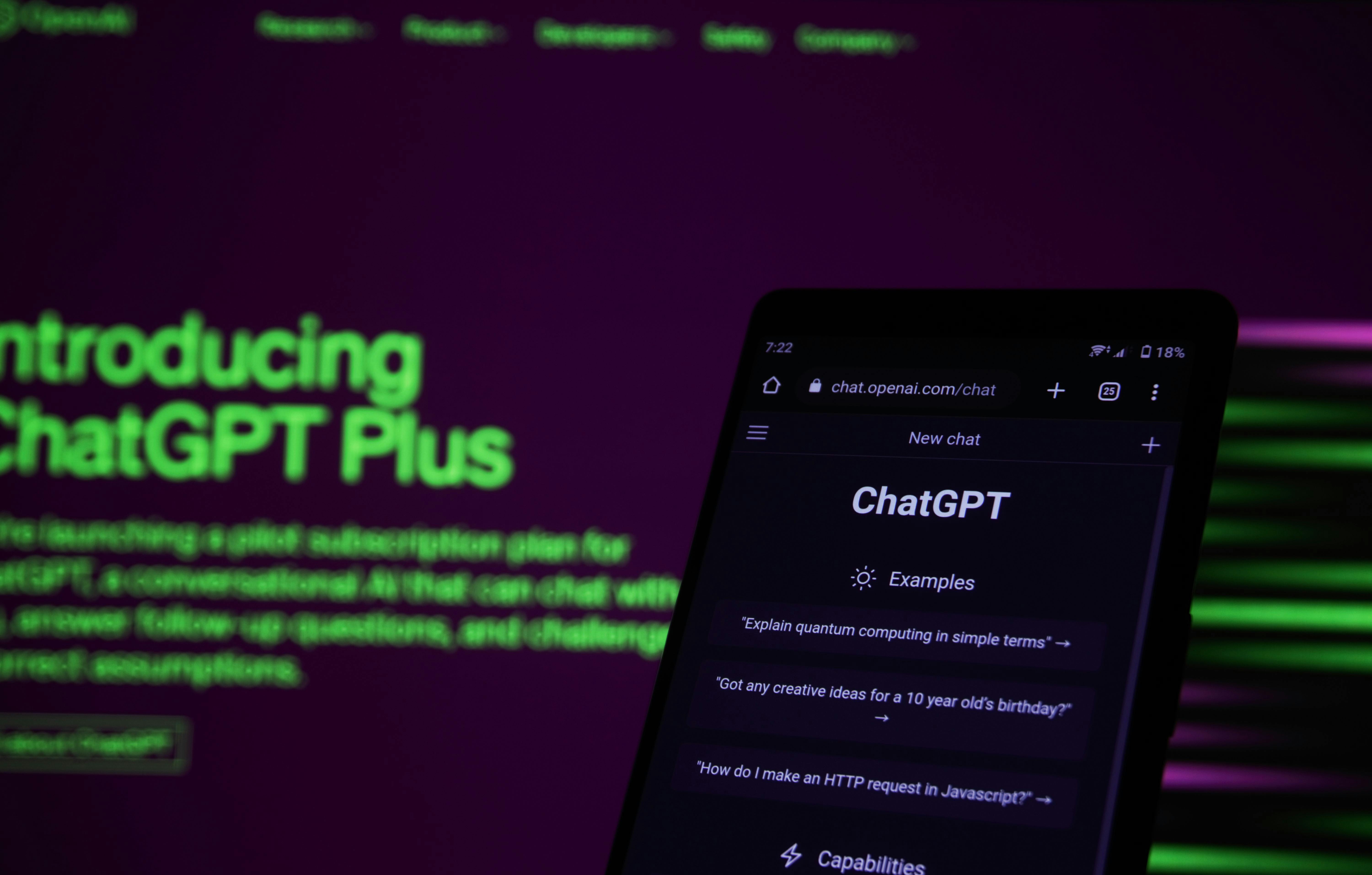
The Psychological Impact of Social Media Intelligence on Cyber Analysts
The role of cyber analysts often entails continuous exposure to distressing and harmful content, including violent or explicit material, hate

Image Source: Pexels
As an AI language model, ChatGPT has revolutionized the way we communicate online. Its advanced natural language processing capabilities have made conversations seamless and effortless for users. However, security concerns have also arisen with the increase in online communication. As a writer and researcher, I have explored the security implications of ChatGPT and found that there are several risks associated with its use. In this article, I will delve into the security features of ChatGPT and provide tips on how to mitigate potential risks.Introduction to ChatGPT
ChatGPT is an AI-based language model designed to generate human-like responses to text inputs. It is pre-trained on massive amounts of text data and fine-tuned for specific tasks such as language translation and text generation. ChatGPT has been widely adopted because it produces coherent and contextually relevant responses to user inputs. It has been used for various tasks, including customer service, language translation, and even creative writing.
ChatGPT’s security is of utmost importance due to the sensitive nature of the conversations it handles. There are several security concerns associated with its use. Firstly, the model is trained on massive amounts of data, some of which may be sensitive or private. This raises questions about data privacy and whether user data is being used ethically. Secondly, there is a risk of malicious actors using ChatGPT to generate malicious or harmful content. Lastly, there is the risk of cyber attacks, which can compromise the security of the conversations.
As mentioned earlier, there are several risks associated with using ChatGPT. One significant risk is the potential for malicious actors to use the model to generate harmful content. For example, a bad actor could use ChatGPT to generate legitimate phishing emails and trick users into giving away sensitive information. Another risk is the potential for the model to generate biased or discriminatory content. As the model is only as good as the data it is trained on, it may inadvertently generate content that is biased against certain groups.
To mitigate security risks in ChatGPT, several steps can be taken. Firstly, data privacy should be a top priority. This can be achieved by ensuring that user data is anonymized and stored securely. Secondly, ChatGPT should be monitored regularly for any signs of malicious behavior. This can be achieved through the use of machine learning algorithms that can detect anomalous behavior. Lastly, users should be educated on best practices for secure chats in ChatGPT.
ChatGPT has several built-in security features that help to mitigate potential risks. Firstly, the model can be fine-tuned to generate more neutral and less biased content. This can be achieved by training the model on diverse datasets that include content from a wide range of sources. Secondly, ChatGPT can be configured to generate more contextually relevant content, reducing the potential for malicious content. Lastly, the model can be trained to detect anomalous behavior, such as sudden changes in conversation topics or the use of language that is out of character.
Data privacy is of utmost importance in ChatGPT. As the model is trained on massive amounts of data, some of which may be sensitive or private, it is crucial to ensure that user data is being used ethically. This can be achieved by anonymizing user data and storing it securely. Additionally, users should be informed about how their data is being used and given the option to opt out of data collection.
There are several best practices for secure chats in ChatGPT. Firstly, users should avoid giving away sensitive information such as passwords or credit card details. Secondly, users should be cautious when opening links or attachments sent via ChatGPT. Lastly, users should report any suspicious behavior or content to the appropriate authorities.
Compared to other chat platforms, ChatGPT has several advantages in terms of security. As an AI-based language model, it can generate more contextually relevant and less biased content. Additionally, the model can be trained to detect anomalous behavior and prevent malicious content from being generated. However, like any other chat platform, ChatGPT is not immune to security risks and should be used cautiously.
As ChatGPT continues to evolve, its security features will become more advanced. AI-based algorithms will be developed to detect and mitigate potential security risks, and the model will become more adept at generating contextually relevant and unbiased content. However, as with any technology, there will always be risks associated with its use, and users should remain vigilant.
In conclusion, ChatGPT has revolutionized how we communicate online, but it also comes with security implications. Data privacy should be a top priority to mitigate potential risks, and users should be educated on best practices for secure chats. ChatGPT has several built-in security features but is not immune to security risks. As the model continues to evolve, its security features will become more advanced, but users should remain vigilant and report any suspicious behavior or content to the appropriate authorities.

The role of cyber analysts often entails continuous exposure to distressing and harmful content, including violent or explicit material, hate
Definition and Characteristics Stealth attacks refer to malicious activities that involve intrusions into computer systems without detection or raising alarms.
Sign up to get regular updates about security and special product promotions.
We value your privacy and will only use your email address for sending the newsletter. You can unsubscribe at any time.
For more details, review our Privacy Policy.